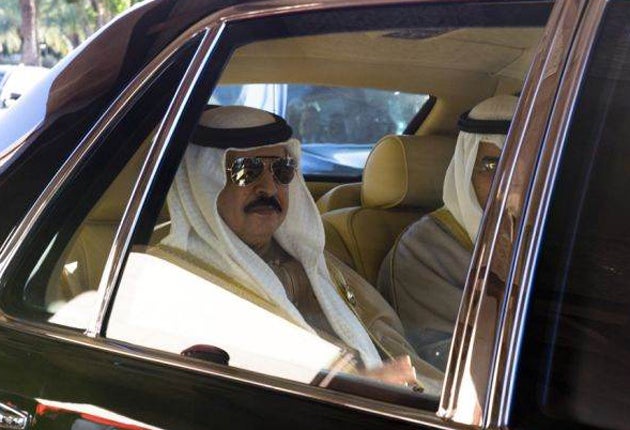A playground of the rich where tensions have long simmered beneath surface

Your support helps us to tell the story
From reproductive rights to climate change to Big Tech, The Independent is on the ground when the story is developing. Whether it's investigating the financials of Elon Musk's pro-Trump PAC or producing our latest documentary, 'The A Word', which shines a light on the American women fighting for reproductive rights, we know how important it is to parse out the facts from the messaging.
At such a critical moment in US history, we need reporters on the ground. Your donation allows us to keep sending journalists to speak to both sides of the story.
The Independent is trusted by Americans across the entire political spectrum. And unlike many other quality news outlets, we choose not to lock Americans out of our reporting and analysis with paywalls. We believe quality journalism should be available to everyone, paid for by those who can afford it.
Your support makes all the difference.The international community last night called on Bahrain to show restraint after a bloody police raid yesterday to remove protesters camped out in the capital Manama left four people dead and hundreds wounded.
The pre-dawn assault on Pearl Square signalled a change in tactic after security forces initially hung back following the death of two protesters this week. The military moved swiftly to regain control after three days of anti-government protests, deploying tanks and troops on the streets and banning all gatherings.
Many pundits will now be wondering if Bahrain could be the next regime to crumble following the tumultuous events in Tunisia and Egypt. Sandwiched between oil-rich Saudi Arabia and Qatar, the affluent island kingdom is a playground for wealthy Arabs, drawn by its beaches and Western-style bars and relaxed drinking laws.
With international PR firms such as Bell Pottinger managing its image, Bahrain's ruling Khalifa dynasty has arguably escaped some of the intense scrutiny of its democratic record that has tarnished other Middle Eastern regimes. Instead, it is portrayed as a critical Western ally in the region – it is home to the US Navy's Fifth Fleet – and as a vital bulwark against the Iranian regime.
But this week's protests and the grievances that drove it should not have been entirely unexpected. Although undoubtedly inspired by the success of popular protest in Egypt and Tunisia that ousted their leaders after decades in power, tensions have simmered beneath the surface in Bahrain for some time.
When online activists called for revolution on 14 February, they were not only jumping on the bandwagon of the protests sweeping across the region, but also marking the 10-year anniversary of a charter that mapped out the transition from an absolute to a constitutional monarchy with all that it entailed: an independent judiciary, freedom of expression and a system that was inclusive of both the Shia and Sunni Muslim populations.
Many in Bahrain feel the pledges made in 2001 by the emir, now the king, were not fulfilled, spawning instead a superficial democracy and one which has failed to give the oppressed Shia majority – 70 per cent of the population – a greater say in government.
The Sunni minority – with the al-Khalifa ruling family at its pinnacle – has largely cemented its hold on power. The king's uncle, Khalifa bin Salman al-Khalifa, has been the country's only prime minister since the modern state was founded in 1971. The authorities have used the Iranian spectre to suppress the Shia population politically, accusing them of plotting with their co-religionists in Iran to overthrow the state. This tactic has the double purpose of sowing dissent with Sunni liberals, who have at times aligned themselves with the Shia opposition.
Bahrain's Shia population has long complained of discrimination when it comes to healthcare, housing and government jobs. They are practically barred from employment in the security services. Bahrain is accused of populating the security forces with foreign Sunnis, lured with offers of citizenship, allegedly to shift the demographic balance in the favour of the Sunnis. But it is a strategy that seems to have backfired, angering Bahrain's Sunnis, who see the interlopers as taking their jobs.
Bahrain's Foreign Minister, Khalid al-Khalifa, said the violence was regrettable, but justified because the demonstrators were pushing the kingdom to the "brink of the sectarian abyss."
But images of riot police wading into the sleeping protest camp, using tear gas and force to remove the demonstrators, may only enrage the people further.
William Hague, the foreign secretary, said he was "greatly concerned". Hillary Clinton, the US Secretary of State, called Bahrain's foreign minister to urge restraint.
Join our commenting forum
Join thought-provoking conversations, follow other Independent readers and see their replies
Comments